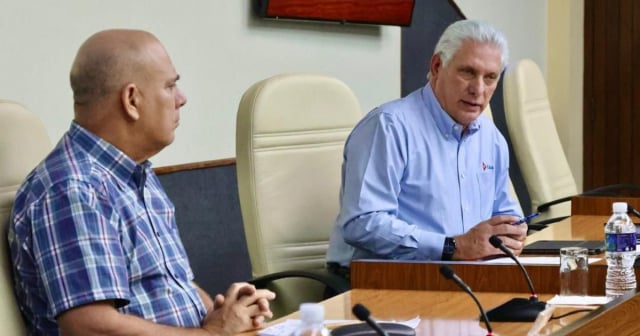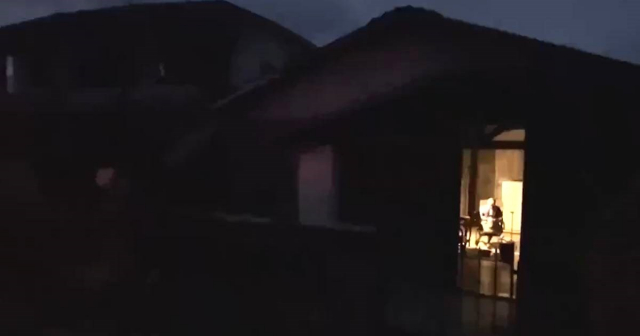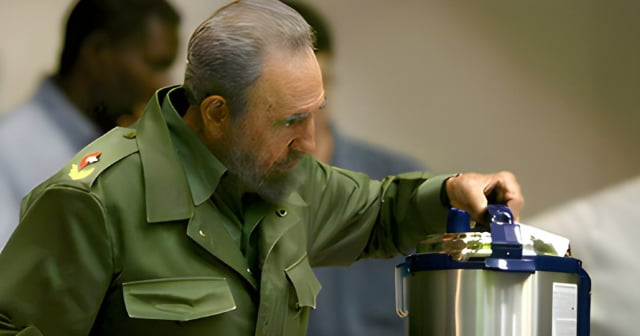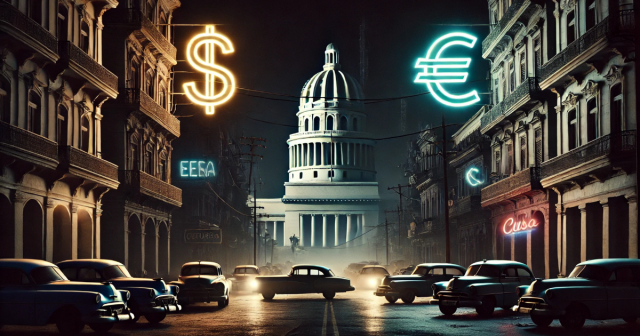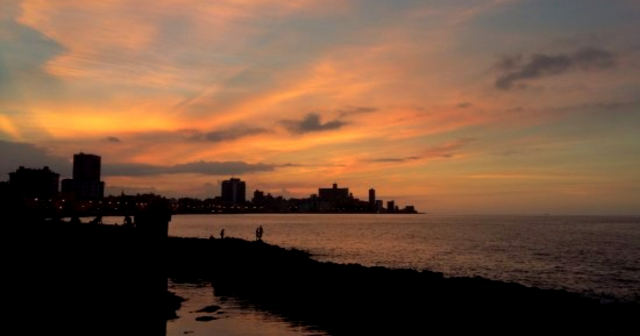In a context marked by severe blackouts in Cuba, the director of the Electric Union of Cuba (UNE), Alfredo López Valdés, suggested to the citizens of the island that they consider purchasing solar panels as an alternative to become independent from the national electrical system.
His statements, during a troubled television appearance on Thursday alongside Prime Minister Manuel Marrero Cruz, have generated intense debate among the population, which is also facing one of the highest inflations in the world, low wages, and the high prices imposed by the State itself.
During his speech, the executive stated that the idea is to encourage the population to choose photovoltaic systems instead of relying on power plants, suggesting that investing in solar energy could be beneficial for households in the country, which experienced a massive blackout nationwide this very Friday.
"It is being promoted that instead of buying a power plant, the population could acquire a photovoltaic solar system that allows them to gain energy autonomy," said López Valdés.
"It is much better for the country and for the people to have a photovoltaic system, rather than investing in a generator," the leader added.
However, in response to public criticism, the UNE rushed to clarify that the words of its director were misinterpreted and that it was a "media manipulation."
The UNE emphasized that there is no formal plan for the sale of solar panels and that the country's energy situation is complex and requires a comprehensive solution.
The energy crisis has severely affected the daily life of Cubans, who endure blackouts of more than 20 hours a day in some areas.
Marrero Cruz stated in the same appearance that the situation is extremely critical, and indicated that no short-term solution is expected.
"There are three important factors that affect the electricity generation deficit: the state of the infrastructure, the lack of fuel, and the increase in demand," he acknowledged, although he emphasized that the lack of fuel is the most significant of the three.
The high-ranking official said that as a policy, they have chosen to prioritize the residential sector and that they have "been paralyzing economic activities" to ensure energy generation for the population.
What do you think?
VIEW COMMENTS (8)Filed under:

